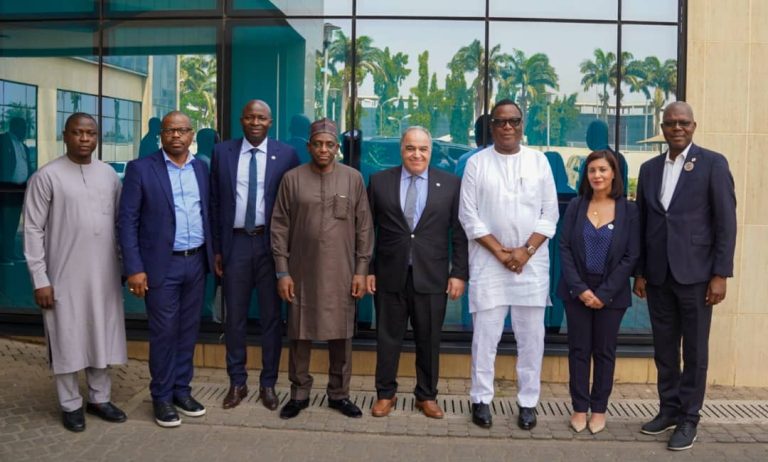
The Supreme Court of Nigeria has ruled that Section 46 of the Economic and Financial Crimes Commission Act should be construed within the narrow confines of the United Nations Convention Against Corruption, the percusor to the establishment of the EFCC – to prevent illicit finacial outflow from Nigeria.
The apex court, in a landmark judgment in Dr. Joseph Nwobike (SAN) Vs. Federal Republic of Nigeria, Appeal No. SC/CR/161/2020, told the anti-graft agency that its powers to investigate and prosecute financial crimes under Section 46 of the EFCC Act was not at large.
It held that the EFCC could not hide under its Act to usurp the functions of other law enforcement and prosecutorial agencies like the police, Office of Federal and States Attorneys General, Legal Practitioners’ Disciplinary Committee, and National Judicial Council (NJC), among others.
The court further held that in so far as those agencies were in place and for offences that had been clearly defined by penal and criminal codes, the EFCC had no business dabbling into such areas.
This landmark judgment comes on the heels of public outcry over what many have described as the excesses of the EFCC and its operatives vis-a-vis the limits of its powers.
There have been questions on why a federal agency would be exercising oversight powers on states under the guise of financial crimes, when each state has its penal and criminal codes dealing with such offences.
There are concerns about the principle of federalism, whether a case where a federal agency is probing into the finances of states is not an abridgment of federalism.
For instance, the apex court that held in Ehindero Vs. Federal Republic of Nigeria that EFCC derives its power from that of the Attorney General of the Federation (AGF), looked the other way when the issue of propriety of EFCC prosecuting former Governor Shema in respect of an offence committed in Katsina, without the fiat of the Attorney General of Katsina State.
Lawyers have said that the Supreme Court has, by this judgment, corrected the anomalies of the past and restored constitutional order by reinforcing the prosecutorial powers of the AGF under Section 174 of the constitution for federal offences and the powers of Attorneys General of the respective states under Section 211 of the constitution.
The justices of the apex court must be commended for this show of courage in restoring constitutional order, Amos Olalere, an Abuja-based lawyer, said.
“EFCC has no role whatsoever in intra state pursuit of public officials or private contractors under the guise of fighting corruption. Their role as captured by the UN convention on fighting corruption, defined by the law establishing the commission, and as affirmed by the apex court, is to prevent illicit financial outflow from Nigeria,” he noted.
The tenure of the judgment is an indictment of EFCC and the supervising ministry that an agency set up to prevent outflow of money from Nigeria, abandoned its core mandate and got enmeshed in activities that are clearly outside its purview.
This judgment clearly calls for a total overhaul of the agency in order to position it to focus on and pursue the important task the agency was set up to achieve, stakeholders say. (THISDAY)







694295 318979Enjoyed examining this, very very good stuff, thanks . 948499
744009 103723Hmm is anyone else experiencing troubles with the images on this blog loading? Im trying to discover out if its a issue on my end or if its the blog. Any feed-back would be greatly appreciated. 150049
340494 443701Ill create a hyperlink to the internet page about my personal weblog. 224792